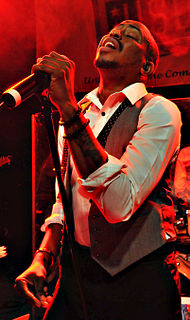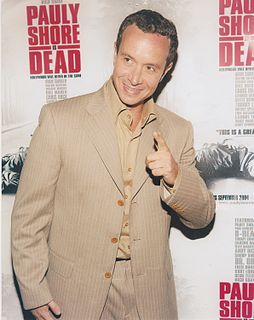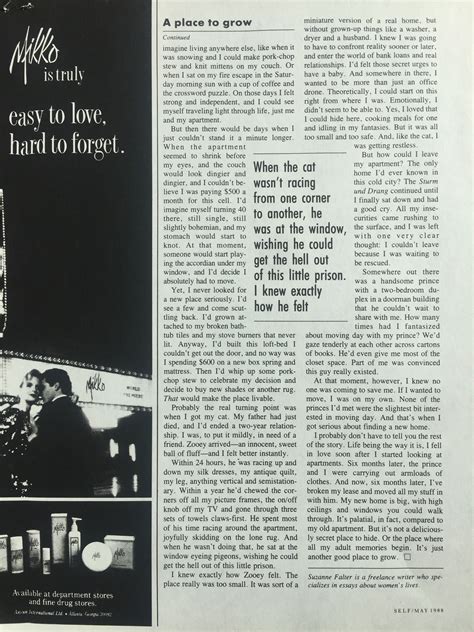A Quote by Lester Bangs
The ultimate sin of any performer is contempt for the audience.
Related Quotes
Sin is not only manifested in certain acts that are forbidden by divine command. Sin also appears in attitudes and dispositions and feelings. Lust and hate are sins as well as adultery and murder. And, in the traditional Christian view, despair and chronic boredom - unaccompanied by any vicious act - are serious sins. They are expressions of man's separation from God, as the ultimate good, meaning, and end of human existence.
A performer may be taken in by his own act, convinced at the moment that the impression of reality which he fosters is the one and only reality. In such cases we have a sense in which the performer comes to be his own audience; he comes to be performer and observer of the same show. Presumably he introcepts or incorporates the standards he attempts to maintain in the presence of others so that even in their absence his conscience requires him to act in a socially proper way.



































